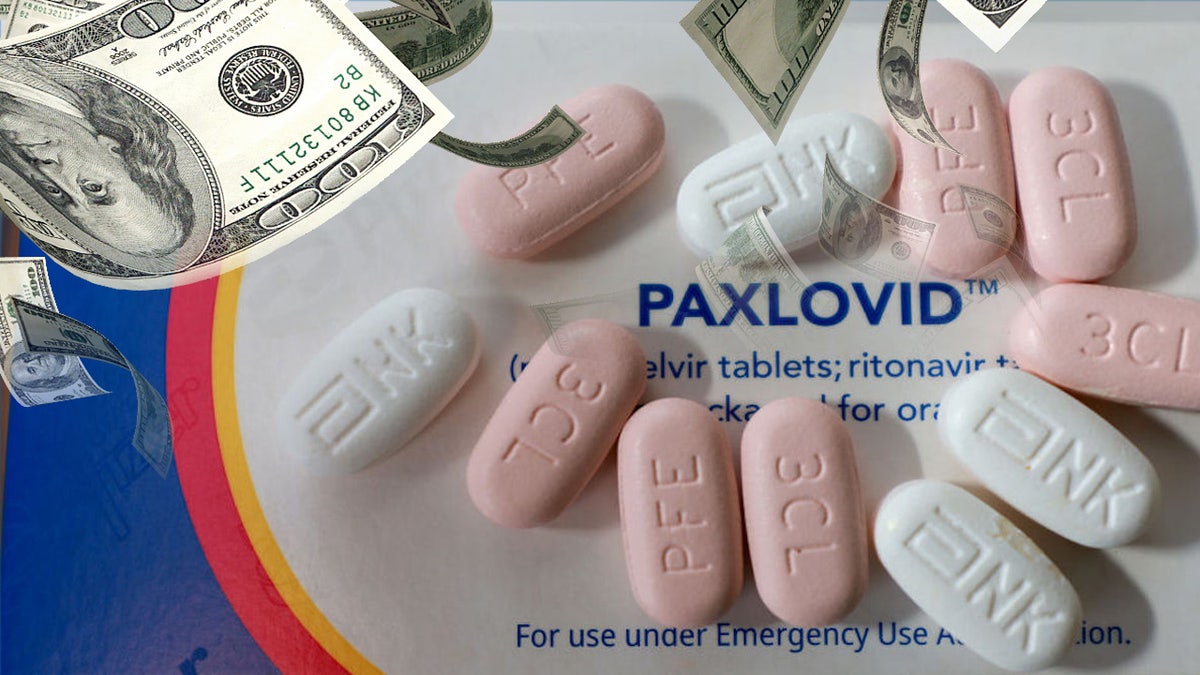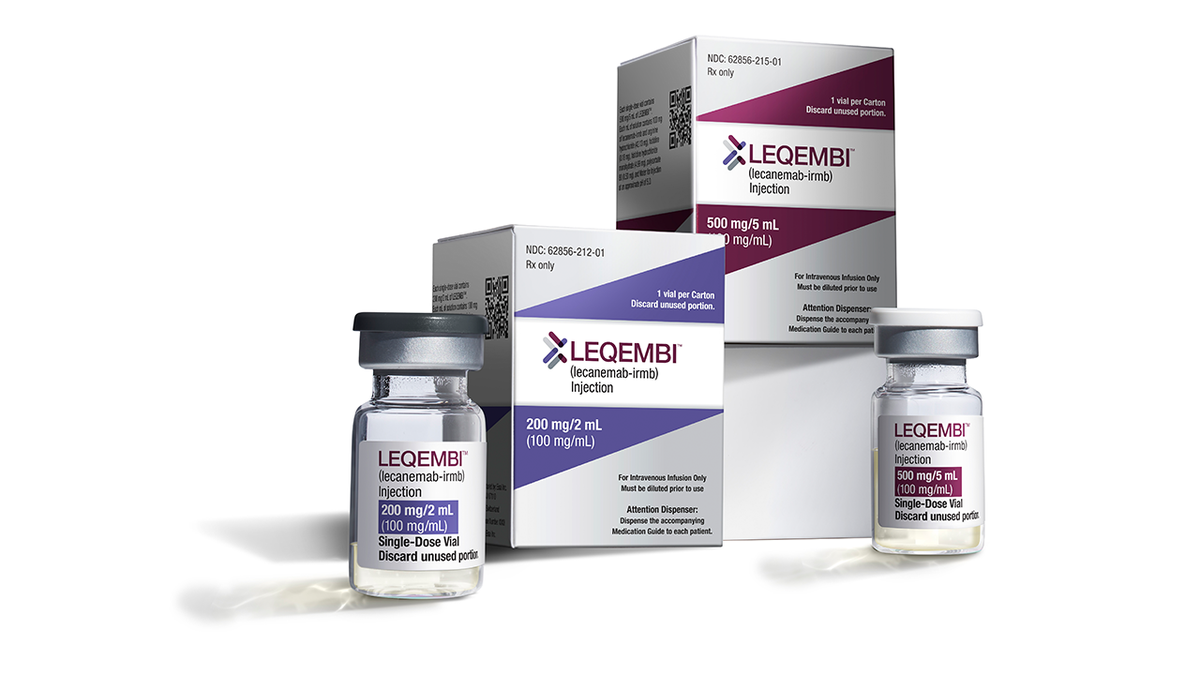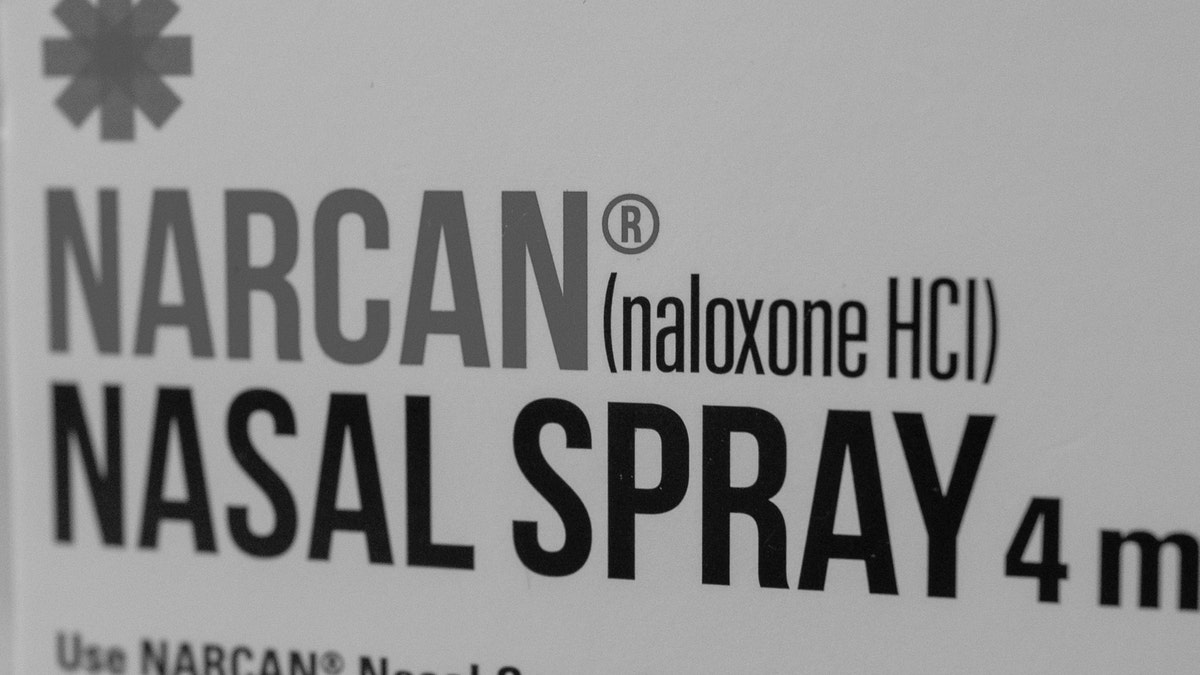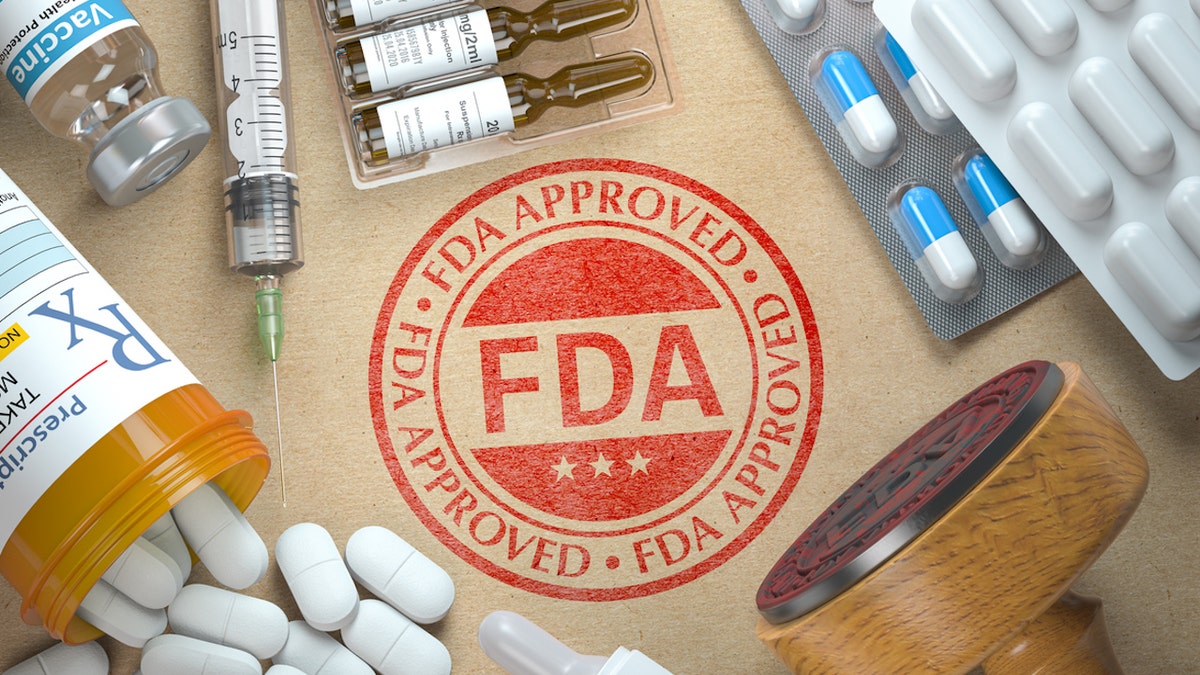Each year, the U.S. Food and Drug Administration (FDA) approves hundreds of new drugs and therapeutic products for use by the American public.
GoodRx Health, an American health care company and telemedicine platform, has compiled and published a list of some of the most influential drug and vaccine approvals of 2023, selected by its team of pharmacists.
The list only includes products that were approved through Dec. 8.
Below are the medications that represent “meaningful steps forward,” the firm believes, in terms of improving human health.
1. Paxlovid for COVID-19
After initially granting emergency use authorization (EUA) in late 2021, the FDA fully approved this antiviral medication on May 25, 2023.
It is intended for the treatment of mild to moderate COVID-19 illness for people who are considered at high risk for severe effects.

Paxlovid is intended for the treatment of mild to moderate COVID-19 illness for people who are considered at high risk for severe effects. (Getty Images)
The National Institutes of Health (NIH) recommends Paxlovid as the preferred treatment option for adults and teens who are not hospitalized, GoodRx noted.
“Paxlovid has been a mainstay of COVID therapeutic management since its initial EUA designation in Dec. 2021,” Christina Madison, a Nevada pharmacist who is the founder and CEO of The Public Health Pharmacist, told GoodRx.
“Having full FDA approval also helps us with hesitant patients not wanting to take a medication that isn’t FDA approved,” she added.
“It’s great news that this [medication] has gone through the rigorous approval process and has been found to be safe and effective.”
2. Arexvy, Abrysvo and Beyfortus for RSV
Each year, respiratory syncytial virus (RSV) causes approximately 60,000 to 160,000 hospitalizations and 6,000 to 10,000 deaths among adults ages 65 years and older, according to the Centers for Disease Control and Prevention (CDC).
It also causes 58,000 to 80,000 hospitalizations and 100 to 300 deaths in children 5 years of age and younger.

Each year, respiratory syncytial virus (RSV) causes some 58,000 to 80,000 hospitalizations and 100 to 300 deaths in children 5 years and younger. (iStock)
To help prevent RSV illness, the FDA approved three medications in 2023, GoodRx reported.
Arexvy (RSVPreF3) was the first FDA-approved RSV vaccine, available for adults ages 60 and older.
Abrysvo (RSVpreF) is another vaccine that is available to adults ages 60 and older and certain pregnant women.
Beyfortus (nirsevimab) is a preventative medication that reduces the risk of serious lower respiratory tract disease caused by RSV in infants. One dose is recommended for all infants younger than 8 months old and some toddlers younger than 19 months old.

To help prevent RSV illness, the FDA approved three medications in 2023. (iStock)
“These approvals finally give us a way to prevent RSV complications in certain people, notably older adults, pregnant women and very young kids,” Joshua Murdock, PharmD, a pharmacy editor at GoodRx based in Arizona, said in a statement.
Murdock is one of the pharmacists who compiled the list of the most influential approvals.
“These are much needed because RSV is a contagious and potentially dangerous virus, and previously only certain babies could receive an RSV preventative medication,” he said.
3. Opill for contraception
Opill, the first over-the-counter (OTC) birth control pill, was approved by the FDA in July 2023.
The medication, called norgestrel, is expected to be available in early 2024.
“Having an over-the-counter birth control pill is long overdue,” said Murdock. “Being able to walk into a local pharmacy or big-box retailer and purchase a birth control pill will likely make a big difference in the accessibility of contraception.”

The first over-the-counter (OTC) birth control pill, Opill (not pictured), was approved by the FDA in July 2023. (iStock)
Veronica Vernon, PharmD, assistant professor and vice chair of pharmacy practice at Butler University in Indiana, calls Opill a “tremendous step forward in terms of increasing access to contraception.”
Said Vernon in a statement to GoodRx, “A prescription for contraception can be a significant barrier for some patients due to the time and cost involved in having a visit.”
4. Zurzuvae for postpartum depression
Postpartum depression (PPD) affects up to 20% of women, according to the National Institutes of Health (NIH).
The condition causes feelings of extreme sadness, anxiety and fatigue in the weeks after giving birth.
In August 2023, the FDA approved Zurzuvae (zuranolone) as a treatment for PPD.
While traditional antidepressants can take weeks to show effectiveness, Zurzuvae has been shown to relieve symptoms in as little as three days.

Postpartum depression affects up to 20% of women, according to the National Institutes of Health. (iStock)
“Bringing Zurzuvae to the market as a fast-acting, oral option for postpartum depression is a huge step in providing greater access to care for women after childbirth,” Murdock told reporters.
“Up until this approval, women seeking an approved PPD treatment could only access a similar medication by an IV infusion given over 60 hours, making it challenging for many to receive adequate care.”
5. Leqembi for Alzheimer’s disease
Approved in July 2023, Leqembi (lecanemab) is the first Alzheimer’s medication to address the disease at its root cause rather than just addressing the symptoms.
Leqembi (lecanemab) is a new advancement in Alzheimer’s research.
It’s the first clinically backed Alzheimer’s medication that targets the root cause of the condition.
Compared to a placebo, an infusion with no medication, Leqembi lowered the worsening of dementia symptom severity by an average of 27% over a 1.5-year period.
“Before this approval, existing Alzheimer’s treatments didn’t fully address the root cause of the condition,” said Murdock.

Leqembi (lecanemab) is a new advancement in Alzheimer’s research. It’s the first clinically backed Alzheimer’s medication targeting the root cause of the condition. (AP Photos)
“Leqembi is the first clinically backed medication that may slow disease progression in its early stages,” he went on.
“This extra time of independence for patients to go about their daily lives is a major milestone in Alzheimer’s treatments.”
Rebecca M. Edelmayer, PhD, senior director of scientific engagement at the Alzheimer’s Association in Chicago, told GoodRx that Leqembi is now covered by the Centers for Medicare and Medicaid Services (CMS) and many other insurers due to its full traditional approval.
In clinical trials, Leqembi slowed the progression of dementia symptoms by an average of 27% over a 1.5-year period, GoodRx noted.
6. OTC naloxone for opioid overdoses
Over 97,600 people die of drug overdoses each year, according to data from the National Center for Drug Abuse Statistics.
Seven out of every 10 of those deaths are caused by opioids, which are powerful prescription pain medications.

Prior to 2023, naloxone, which reverses opioid overdoses, was only available with a prescription. In March 2023, the FDA approved Narcan, the first OTC nasal spray. (iStock)
In March 2023, the FDA approved Narcan, the first OTC nasal spray.
In July 2023, RiVive, another nasal spray, also acquired FDA approval.
Anita Jacobson, PharmD, a clinical professor at the University of Rhode Island College of Pharmacy and the director of the Community First Responder Program, told GoodRx that these approvals helped to reduce the stigma surrounding overdose medications.
“The fact that people now see this as an OTC product, like ibuprofen, cough medicine or any other product that they can buy, can really help to remove fear,” said Jacobson, adding that the approvals “also allow us to distribute naloxone across state lines in a way that we could not do when it was prescription only.”
Murdock noted that naloxone is a “life-saving medication, capable of reversing overdoses from opioids like fentanyl, heroin, hydrocodone and more.”
He also told Fox News Digital, “Greater accessibility to naloxone is critical in combating opioid overdose deaths.”
7. Zepbound for chronic weight management
The newest medication for chronic weight loss management, Eli Lilly’s Zepbound contains tirzepatide, the same active ingredient in Mounjaro, the popular type 2 diabetes drug.
Administered as a weekly injection, Zepbound works by reducing appetite. In clinical trials, it helped participants lose an average of 34 to 48 pounds after 72 weeks, GoodRx noted.

The newest medication for chronic weight loss management, Eli Lilly’s Zepbound contains tirzepatide, the same active ingredient in Mounjaro, the popular type 2 diabetes drug. (iStock)
On Nov. 8, the FDA approved Zepbound for adults who are considered obese (BMI of 30 or higher), as well as those who are overweight (BMI of 27 or higher) and have another weight-related health condition.
“There are a number of chronic weight management medications available on the market, but none are quite as effective as this new long-term option,” Murdock told reporters.
Minisha Sood, M.D., an assistant professor at the Donald and Barbara Zucker School of Medicine at Hofstra/Northwell in New York, told GoodRx that one of Zepbound’s benefits is how well it’s tolerated by patients.
“It’s thus potentially useful for patients who do not respond well to semaglutide (Wegovy) or liraglutide (Saxenda),” she said.
“In the current climate of medication shortages, it also affords those who have been struggling with lack of access to semaglutide or liraglutide an opportunity to receive incretin-based treatment for obesity,” Sood added.
8. Roctavian for hemophilia A
In June 2023, the FDA approved Roctavian (valoctocogene roxaparvovec) to treat severe hemophilia A, a genetic bleeding disorder.
It’s the first gene therapy to combat uncontrolled and prolonged bleeding associated with this condition, according to GoodRx.

Roctavian, administered as a one-time infusion for people with hemophilia, has been shown to reduce the number of bleeding episodes by 50% each year. (iStock)
The drug, administered as a one-time infusion, has been shown to reduce the number of bleeding episodes by 50% each year.
Leonard Valentino, M.D., a hematologist and president/CEO of the National Bleeding Disorders Foundation in New York, told GoodRx that Roctavian marks a “groundbreaking leap” in hemophilia A treatment, but noted that more research is needed into its long-term effects.

Each year, the U.S. Food and Drug Administration approves hundreds of new drugs and therapeutic products for use by the American public. (iStock)
“Considering gene therapy is a significant decision, and continuous discussion with medical professionals and family members is crucial to weigh the potential pros and cons,” he said.
GoodRx’s Murdock told reporters that Roctavian shows “a lot of promise” in reducing bleeding without the need to receive routine treatments, but agreed that the long-term effects are not yet fully understood.
9. Casgevy and Lyfgenia for sickle cell disease
The most common inherited blood disorder in the United States, sickle cell disease affects an estimated 100,000 people in the country, as the National Institutes of Health (NIH) noted on its website.
The disease disproportionately affects people of Black or African ancestry.
Patients with sickle cell disease have an inherited gene mutation that produces abnormal hemoglobin, which makes it more difficult for the cells to move through the bloodstream, per the NIH.
The diseased cells eventually get stuck in blood vessels, blocking blood flow. This can lead to painful episodes called sickle cell crises, infection, acute chest syndrome or stroke, per the CDC.

Patients with sickle cell disease have an inherited gene mutation that produces abnormal hemoglobin, which makes it more difficult for the cells to move through the bloodstream. (iStock)
On Dec. 8, the FDA approved two gene therapies for sickle cell disease, Casgevy (also called exagamglogene autotemcel, or “exa-cel”) and Lyfgenia (lovotibeglogene autotemcel, or “lovo-cel”).
The single-dose infusions are approved for patients 12 years of age and older to prevent pain crises and health complications caused by sickle cell disease.
“We at the Sickle Cell Disease Association of America Inc. have tremendous hope in [Casgevy], a potential cure for people living with sickle cell disease that could change their lives for the better,” Lewis Hsu, M.D., the Chicago-based chief medical officer of the Sickle Cell Disease Association of America, told GoodRx.
The list of influential medications was selected by Alyssa Billingsley, PharmD, Missouri-based director of pharmacy content at GoodRx, and pharmacy editor Stacia Woodcock, PharmD, in New York City — in addition to Murdock.

